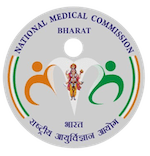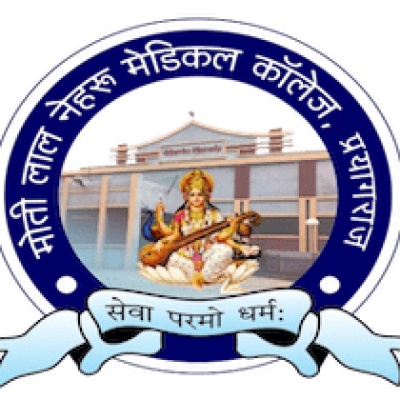MBBS
MBBS
1. Introduction to Medicine
- Orientation: Overview of the medical profession, ethics, and professionalism.
- Basic Skills: Introduction to communication, patient interaction, and medical documentation.
2. Pre-Clinical Years
These years focus on the basic sciences and fundamental medical knowledge.
- Anatomy
- Gross Anatomy: Study of the human body’s structures through dissection and imaging.
- Histology: Microscopic examination of tissues and cells.
- Embryology: Development of the human embryo and fetus.
- Physiology
- Cellular Physiology: Functions of cells and tissues.
- Systemic Physiology: Functioning of body systems (e.g., cardiovascular, respiratory, nervous).
- Biochemistry
- Metabolism: Biochemical pathways and their roles in health and disease.
- Genetics: Basic genetic principles and their implications in medicine.
- Pathology
- General Pathology: Mechanisms of disease, including inflammation, infection, and neoplasia.
- Systemic Pathology: Study of diseases affecting specific organ systems.
- Microbiology
- Bacteriology, Virology, Mycology, and Parasitology: Study of microorganisms and their role in disease.
3. Clinical Years
These years focus on the application of medical knowledge in a clinical setting.
- Medicine
- Internal Medicine: Diagnosis and treatment of adult diseases, including cardiology, endocrinology, gastroenterology, and infectious diseases.
- Surgery
- General Surgery: Principles of surgical techniques, including preoperative and postoperative care.
- Specialized Surgery: Exposure to fields like orthopedic, neurosurgery, and pediatric surgery.
- Pediatrics
- Growth and Development: Study of normal and abnormal development in children.
- Pediatric Disorders: Diagnosis and management of common childhood diseases.
- Obstetrics and Gynecology
- Obstetrics: Management of pregnancy, labor, and postpartum care.
- Gynecology: Disorders of the female reproductive system.
- Psychiatry
- Mental Health: Diagnosis and management of mental health disorders.
- Therapeutic Approaches: Psychotherapy and pharmacotherapy.
- Family Medicine
- Primary Care: Comprehensive care for individuals and families across all ages.
- Preventive Medicine: Emphasis on health promotion and disease prevention.
4. Clinical Rotations and Internships
- Hospital Rotations: Hands-on experience in various departments (e.g., emergency medicine, cardiology, surgery).
- Community Medicine: Exposure to public health and preventive care in community settings.
5. Medical Ethics and Law
- Ethical Principles: Autonomy, beneficence, non-maleficence, and justice in medical practice.
- Legal Aspects: Medical malpractice, patient rights, and consent.
6. Research and Evidence-Based Medicine
- Research Methods: Basics of conducting medical research and interpreting data.
- Evidence-Based Practice: Integrating clinical expertise with the best available evidence.
7. Examinations and Assessment
- Written Exams: Testing theoretical knowledge through multiple-choice, short-answer, and essay questions.
- Practical Exams: Objective Structured Clinical Examinations (OSCEs) and other practical assessments.
- Clinical Skills Evaluation: Assessment of hands-on skills and patient interaction.
8. Professional Development
- Workshops and Seminars: Additional training in various medical specialties and skills.
- Continuing Medical Education (CME): Opportunities for ongoing learning and professional growth.
9. Final Year
- Internship/Residency: Transition to practical, supervised clinical work.
- Preparation for Licensing: Exams and assessments required for medical licensure.
10. Additional Resources
- Recommended Textbooks: Essential reading materials and references.
- Online Resources: Access to medical journals, databases, and educational platforms.
- Support Services: Academic advising, counseling, and career guidance.



